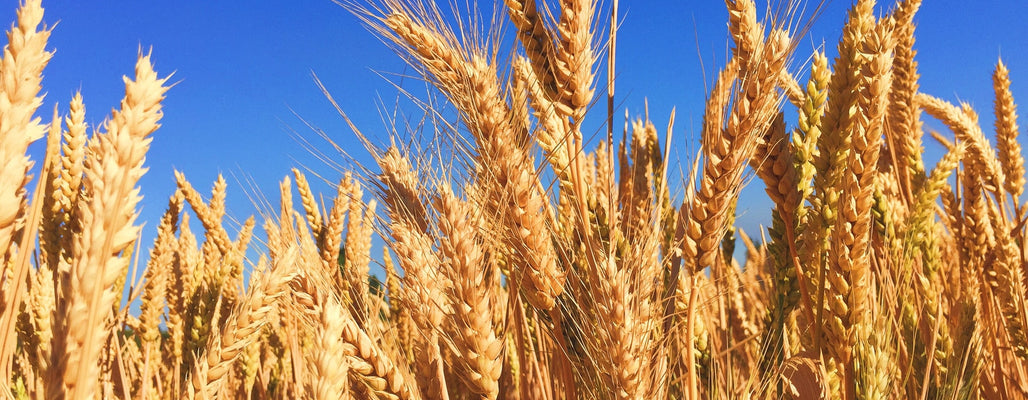
Gluten-free is a slogan you can’t automatically trust when you see it. Trust depends on who is saying it. Some manufacturers mean what they say. Others don’t. The trick is telling them apart. For many, gluten-free is a catchphrase intended to make products look healthier than they are. Check the website for the Gluten-Free Certification Organization and you’ll see alerts and “pull-backs” for products that don’t meet gluten-free standards, but persist in appearing like they do.
More than Ingestion
There’s a perception in popular culture that gluten-free is a “fad,” but for people with Celiac disease, or a non-celiac gluten sensitivity (NCGS), gluten-free is considerably more than a fad or slogan, and ingesting gluten or gluten-containing ingredients isn’t the only problem. The external application of soaps, shampoos and conditioners containing hydrolyzed wheat protein – as nearly all commercial shampoos and conditioners do – can contribute to hair, scalp and skin issues.According to gastroenterologist Kenneth Fine of EnteroLab, a clinical laboratory specializing in food tolerances, “Gluten sensitivity is a systemic immune reaction to gluten anywhere in the body, not just entering the body via the gut. Therefore, topically applied lotions, creams, and shampoos containing gluten would indeed provide a source of gluten to the body, and we therefore recommend all such products be discontinued for optimal health.”
Nearly All of Our Soaps Are Safe
Living with Celiac disease (as defined by the Celiac Disease Foundation) or NCGS (as defined by Celiac Central) means you need to know what’s in the products you’re using, and knowing means trusting manufacturers to be upfront about what their products contain. For example, we can’t call all our products gluten-free, because we can’t be certain they are. But, with the exceptions of our Oatmeal Spice and Shea Honey Oatmeal soaps, all of our soaps should be safe for gluten-sensitive use.
Cross-Contamination
Oatmeal is the issue and it’s an issue throughout the natural soap and food industries. While oatmeal itself – not being wheat, rye or barley – is free of gluten, our oatmeal supplier also handles products containing gluten, which could result in cross-contamination.
Using separately produced organic oats would solve the problem, but it would also result in really expensive soap. While the chances of contact between the oats we order and gluten-containing products are slim, we can’t guarantee that some contact hasn’t occurred. When you’re gluten-sensitive and looking for skin-care products, it’s important for companies to be honest not only about ingredients, but how they do business.
What About Wheat Grass and Barley Grass Powders?
Since gluten is a protein contained in the grains – or seeds – of wheat and barley, pure grasses harvested prior to any of the crop going to seed should not contain any gluten. But, as those who watch their ingredients closely can attest, it’s hard to be 100% sure about cross-contamination. Sometimes it’s better to err on the side of caution. That’s always something to keep in mind.
